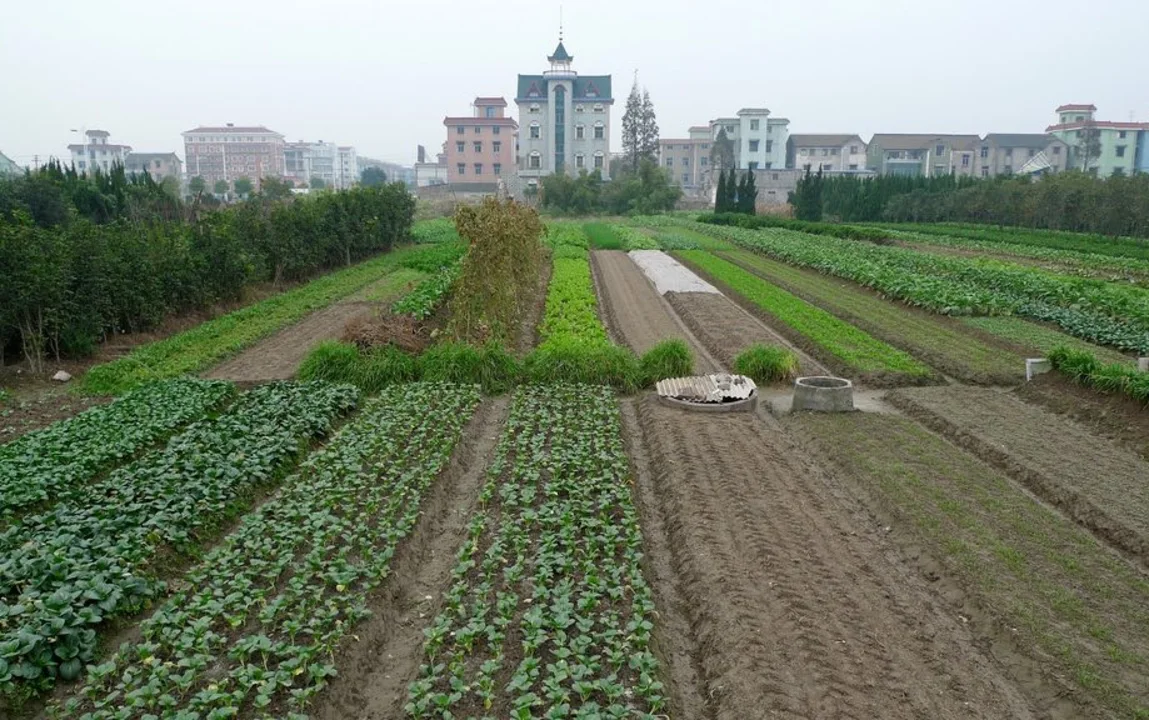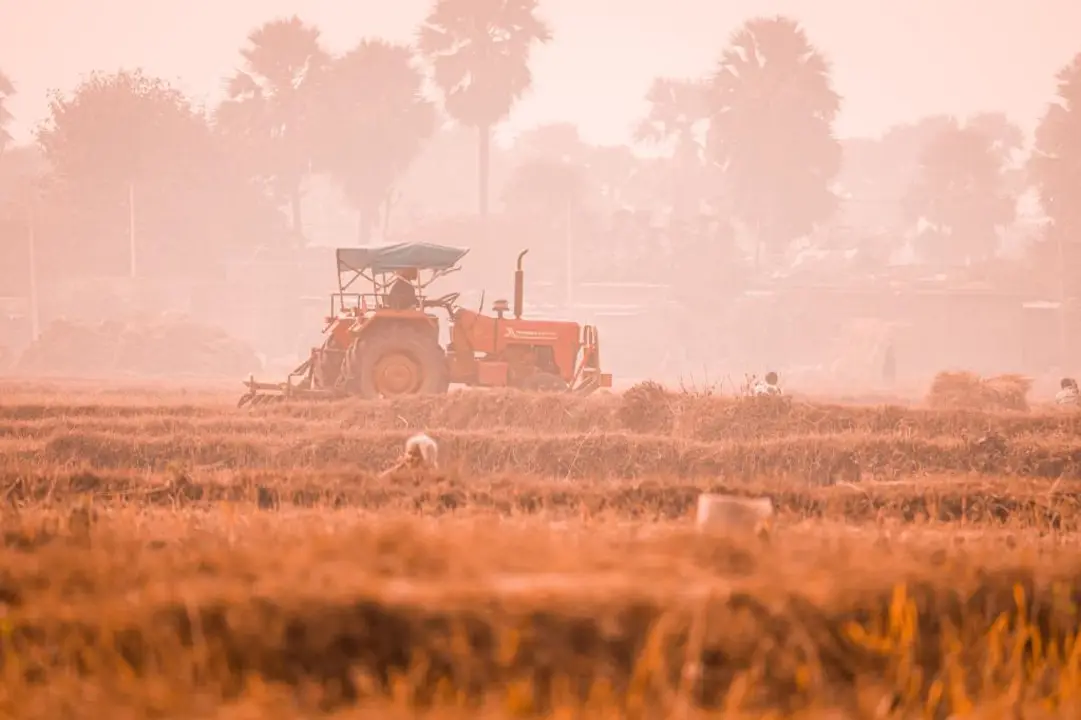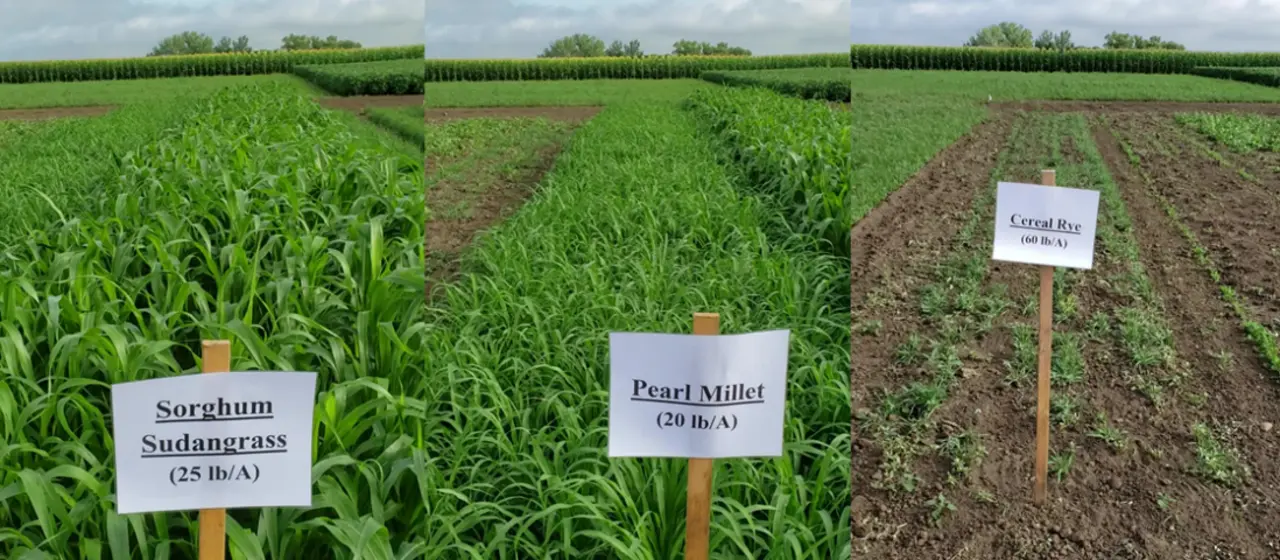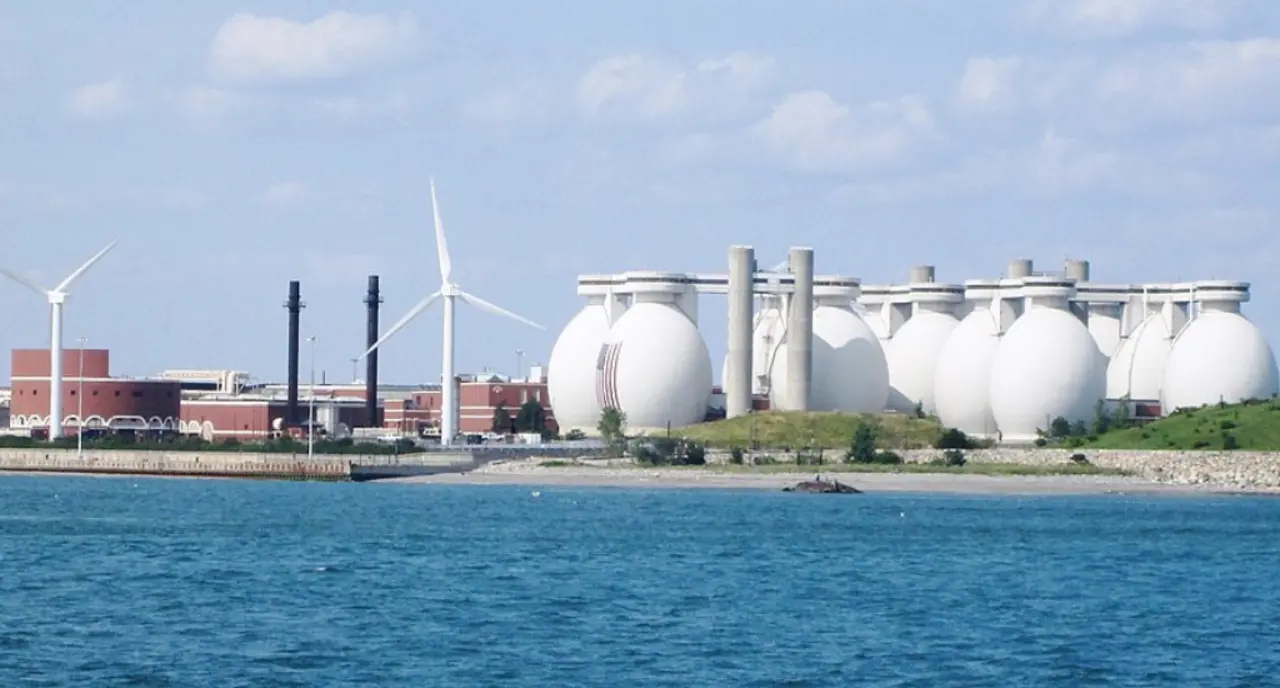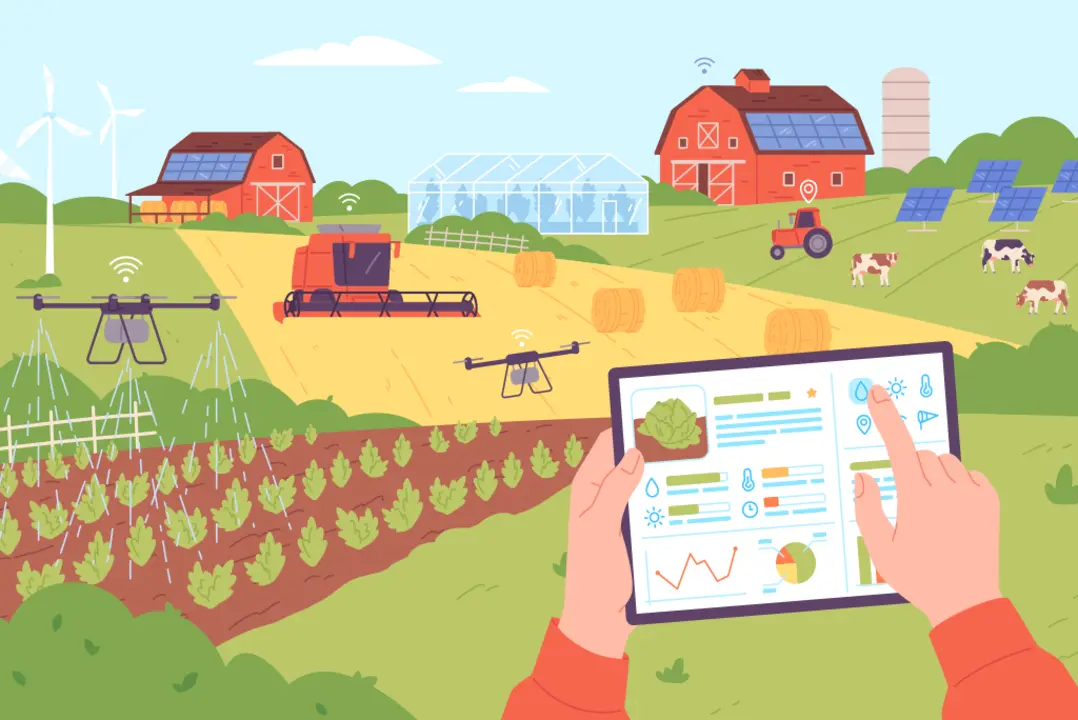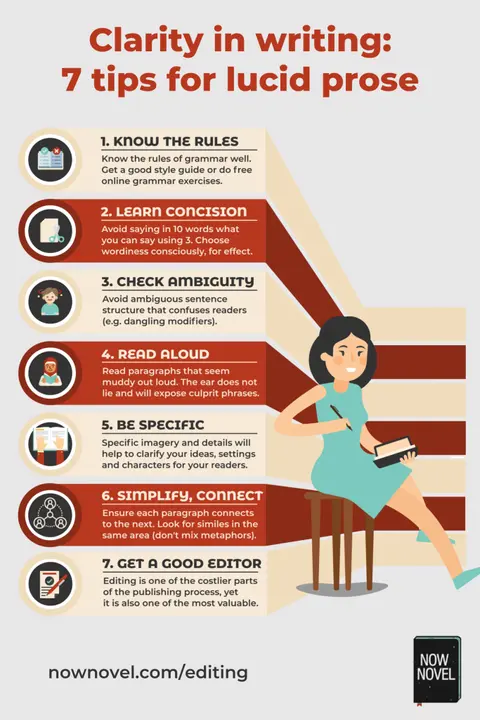Why is agriculture so important?
Agriculture is incredibly important for several reasons. Firstly, it provides us with the food we need to survive, making it a vital industry for our daily lives. Secondly, agriculture plays a significant role in our economy, creating jobs and driving development in rural areas. Thirdly, it helps maintain a balance in our environment by preserving natural habitats, contributing to biodiversity, and promoting sustainable practices. Lastly, it has deep cultural and historical roots, shaping societies, traditions, and our connection to the land.
-
Jun, 13 2023
-
0 Comments
